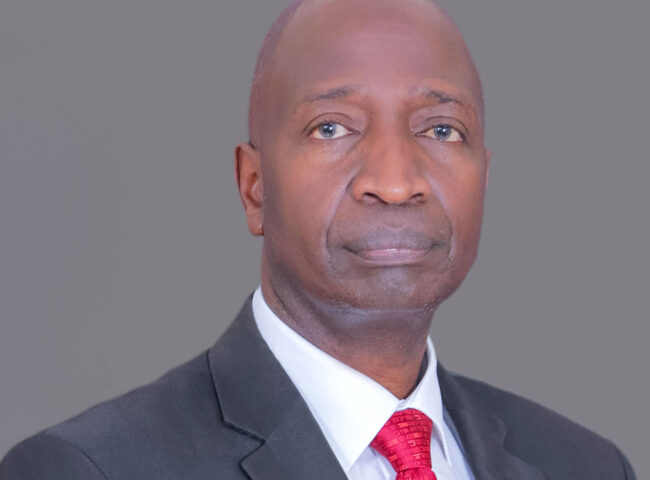The General Manager of Total Uganda E&P, François Rafin is reportedly leaving Kampala after less than a year on the job. There is no word on his replacement or if in fact he would be replaced.
The exit of Rafin, a career oilman from Uganda may be internal to the company but also appears to affirm the view within the investor community that there is little action to be anticipated in Uganda. His predecessor Loic Laurandel spent four years in Uganda.
Rafin took over after the government and the oil companies concluded an agreement on commercialization of oil through a crude export pipeline as well as a refinery. Total E&P, and its partners Tullow Oil and the China National Offshore Oil Corporation [CNOOC] have no direct stake in the refinery even if they have agreed to provide oil to it. The process was painstakingly negotiated but would hold back forward momentum on oil production for close to two years.
Total E&P may feel Rafin can be spared now with nothing imminently happening in Uganda- given delays in both the refinery and the crude export pipeline- the latter mired in negotiations between EAC partners. The oil executive also leaves in an election campaign year – when the bureaucracy in Uganda is more difficult to navigate.
One of the sticky issues for the IOCs has been to restore their Value-Added Tax privileges for inputs in this investment phase of their projects. VAT has increased the cost of investment at a time when lower earnings are weighing down the global oil industry, threatening smaller companies like Tullow, whose value has fallen by nearly half. The matter is likely to remain stuck in litigation- something for lawyers and not a highly paid executive, like Mr. Rafin to handle or so it seems. Perhaps not least in this Ugandan electoral period, inability to coordinate effectively over the pipeline process, or resolve Total’s production licenses [Field Development Plans] has meant less in his in-tray.
That said judging the fortunes of Africa’s fresh-faced oil club members, like Uganda, from the shellacking of Tullow Oil stock prices is narrow-minded- just saying. Tullow is the blue-eyed boy of Made in Africa fortunes lately and the performance of its stock-is a fair measure of the prospects of specific projects in places like Ghana, Uganda and Kenya but it is not the only player even in East Africa. Companies like Total receive less attention but have deeper pockets and can weather the storm of low oil prices better.
In other words Tullow’s market value should not be the only consideration taken into account when judging whether the wind will drop from the sails of the Africa rising ship. First of all, it’s not only an oil vessel.
Tullow’s upcoming trading statement expected on Thursday this week has got the market talking. Reading from a cross section of market analysts most expect the company to become leaner, reduce its debt exposure and spend less on exploration; for a company that is essentially good at finding oil. Sensible views include the fact that with earnings dropping, Tullow will be more debt shy and less likely to spend on new exploration.
There is also speculation has to what will happen to its Ugandan and Kenyan assets- whether it will “modify” its holdings there or perhaps even concede to a larger merger, such that these holdings become part of something healthier than the company right now.
As we pointed out earlier East Africa’s ambitions of leaping forward as an economic region are held back by weak public institutions. Corruption in procurement is rife and a fixture of the electoral cycle- in circumstances where political regimes in all EAC states are stressed by transitional pressures- from stressed longevity in Uganda, Tanzania and Rwanda, and uncertain reform in Kenya and to an extent Burundi and South Sudan.
The politics of change and the politics of transformation- by investments in infrastructure like roads, power, mineral and oil extraction should not be at cross-purposes but they are. Investors encounter not just red tape but barbed wire fencing of projects by clusters of colluding elites. Legal battles over procurement disputes are but the last sign of bad deals.
Whenever court papers are filed in local courts or international arbitration- lengthy project delays are initiated. Those companies- increasingly Chinese ones, lucky enough to lock in their deals do so with shamelesslyoverpriced consensus- as is likely the case of the Standard Gauge Railway. Despite this depressing picture our last post on the issue suggested that Chinese involvement might keep the wind in the sails of EACs natural resources sector since its Chinese firms that dominate it.
However even with the pull of China, the race to commercialization remains complicated, not just because oil prices are falling.









